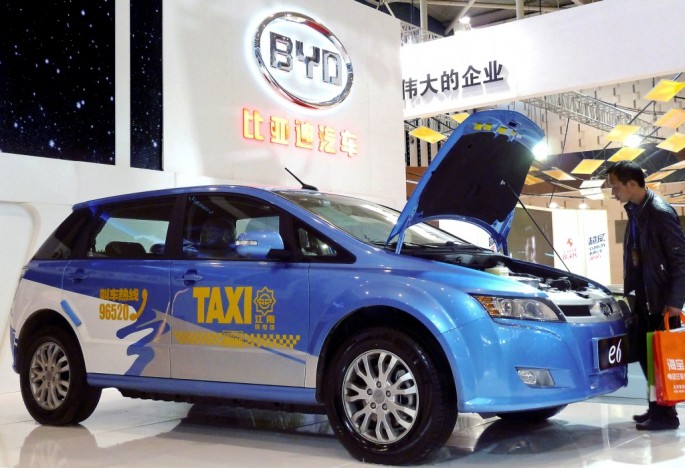Nearly four decades since China launched its economic reforms, the nation's auto industry remained to be dictated by government officials.
Under its current plan, local Chinese automakers are expected to have an annual sales of one million electronic vehicles and plug-in hybrids by 2020. By 2025, the figure should have increased to three million.
However, experts see these targets as unrealistic, and given the murky prospects of the said vehicles' market, the chance of attaining the goals is slim.
The plan, which is under the master development blueprint China Manufacturing 2025, is part of the 10-year targets set by the government for each manufacturing sector.
Experts say that even if the sales of EVs and plug-in hybrids have sharply risen, the volume is still relatively small. Data from the China Association of Automobile Manufacturers show that the combined sales of both vehicles reached only less than 75,000 in 2014.
Citing the subsidies by the government to the buyers of such autos (57,000 yuan for EVs and 33,250 yuan for plug-in hybrids), Beijing announced that it would scale them back from 2016 to 2020. The local government admitted that the subsidies have given financial burden to them.
Moreover, the plan also expects local players to secure over 70 percent of the particular market by 2020, and 80 percent by 2025.
Analysts have warned that even if local automakers such as BYD Co. and Beijing Automotive Industry Holding Co. dominate the market, foreign firms will not stay on the sidelines.
Earlier in April, almost every global brand unveiled plug-in hybrids during the Shanghai auto show event, most of which will be made available to Chinese consumers in the coming years.
For the light-vehicle market, foreign firms already hold a 58-percent share. Industry experts claim that once they see fit, it will be easy for them to just boot their plug-in hybrid sales.
Analysts remarked that when such occasion happens in the market, it is the consumers, not the government, that will dictate what brand will be bought by the consumers.



























